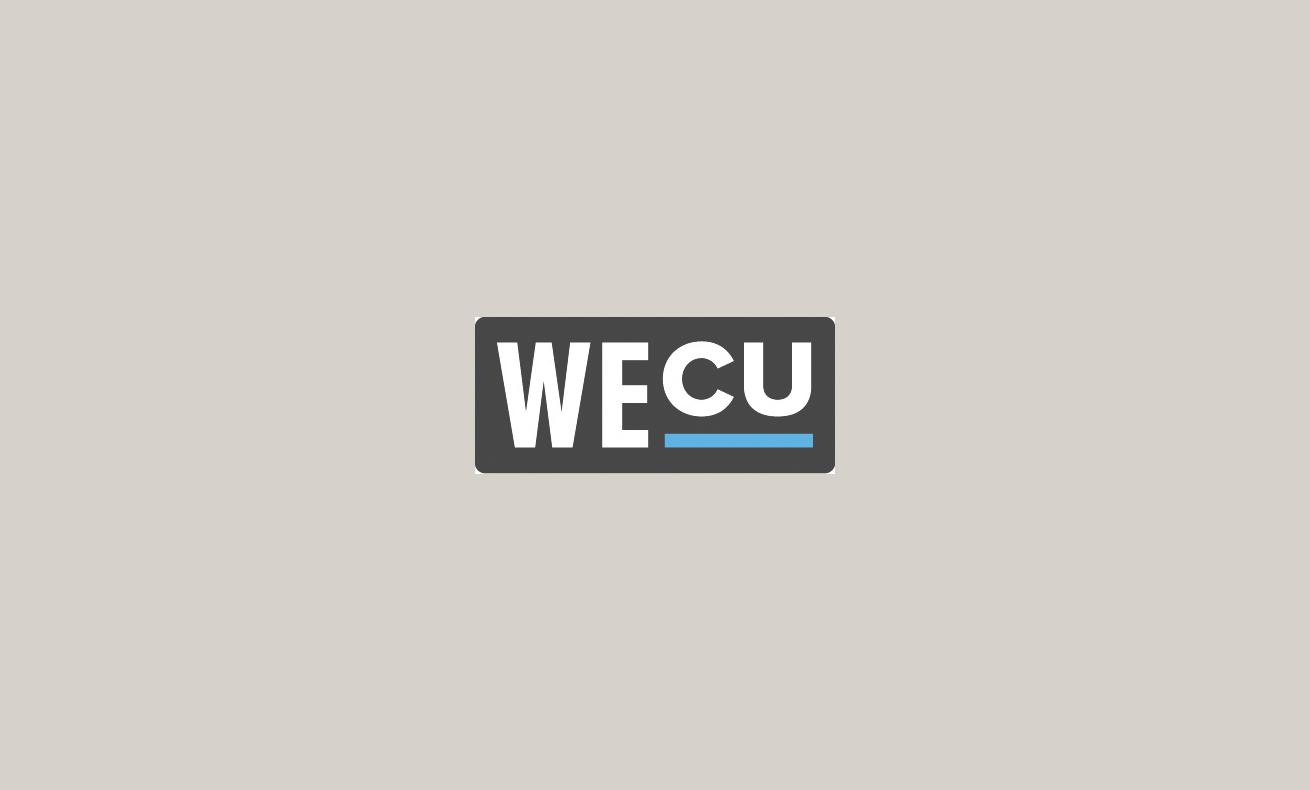https://www.youtube.com/watch?v=bRC1FxbA3SI
One of the most defining aspects of your child’s financial future will be how much they earn. Like it or not, it’s a lot easier to make ends meet when you are bringing in more money. Keep an open mind when talking to your child or teen about future careers. Even if their ideas seem bad or foolish to you, give them consistent interest and enthusiasm. A lot can change between now and then. Allow them to explore and draw their own conclusions.
Start a Conversation
- What would be your dream job, and why?
- What type of activities do you enjoy doing? What jobs would allow you to do these?
- What subjects are most interesting to you? Do you think any of these could turn into a career?
Do an Activity
For older children and teens:
- Review one of your pay checks or pay stubs with your child. Talk about how you are paid, how often paydays are, and if your income changes seasonally or with commissions. Go over the different deductions that come out of your pay and how that money is used.
- Explore career interests with your child. Help them research different jobs in areas of interest and talk about what it would be like to work in them. Look into local volunteer or community service opportunities related to those fields for a chance to really try them out.
For younger children:
- Name the different jobs you see around town. If you can, take a minute to ask people what they like most and least about their jobs or careers. A WECU team member will always be willing to answer a few questions about working at a credit union.
By talking with your child about possible careers, you can encourage them to explore many different paths before settling on one. You can give them time to build experience before heading off to college and make sure they understand a paycheck before they’re depending on one. Most importantly, you can make sure they are better prepared for their future.
It’s completely normal to find talking about money intimidating or uncomfortable, but you don’t need to know all the answers to start your child off on the right foot. Simple conversations lay the groundwork for open communication and lifelong learning.
